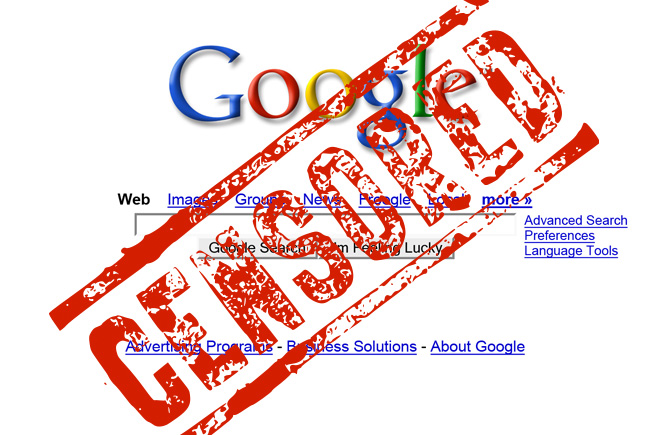 A new bill, soon to be introduced to the US Congress, seeks to give both the Department of Justice and private copyright holders broad powers to censor websites, reports Tech Dirt, who received a leaked summary of the bill. Dubbed the “Preventing Real Online Threats to Economic Creativity and Theft of Intellectual Property Act” or the PROTECT IP Act, the bill is a reiteration of an earlier bill, known as COICA, which failed in the Senate late last year.
A new bill, soon to be introduced to the US Congress, seeks to give both the Department of Justice and private copyright holders broad powers to censor websites, reports Tech Dirt, who received a leaked summary of the bill. Dubbed the “Preventing Real Online Threats to Economic Creativity and Theft of Intellectual Property Act” or the PROTECT IP Act, the bill is a reiteration of an earlier bill, known as COICA, which failed in the Senate late last year.
Like its predecessor, the PROTECT IP Act provides the legal mechanisms for the US government — and now, private citizens — to shutdown websites, and/or cut off their ability to process payments or display advertising. The bill specifically defines sites that may be subject to the law as those “dedicated to infringing activities.” Citizens rights advocates argue that, while the definition is more narrow than the language in COIPA, it still leaves countless sites that aren’t breaking any laws subject to devastating consequences enabled in the bill.
One of the most troublesome aspects to critics is that the PROTECT IP Act allows private citizens to obtain the necessary paperwork to stop advertisers from displaying ads on a particular site, as well as cut off the site’s ability to process credit cards, PayPal, or any other type of payment. This stipulation in the bill, argue critics, appears ripe for abuse, and a splitting headache for everyone involved.
The bill provides the Justice Department with far broader powers. Not only can the DOJ stop payment processors and advertising networks from working with a site, but it can require Internet service providers to stop access to a website, or even require search engines, like Google or Bing, to remove the site from their indexes entirely — a catastrophic blow to any website.
If a site is affected, its operators may “petition the court to suspend or vacate the order,” but not until long after the court order was issued to all the other parties involved, and the consequences have already begun to take their toll.
To view the full summary of the bill, click here.

